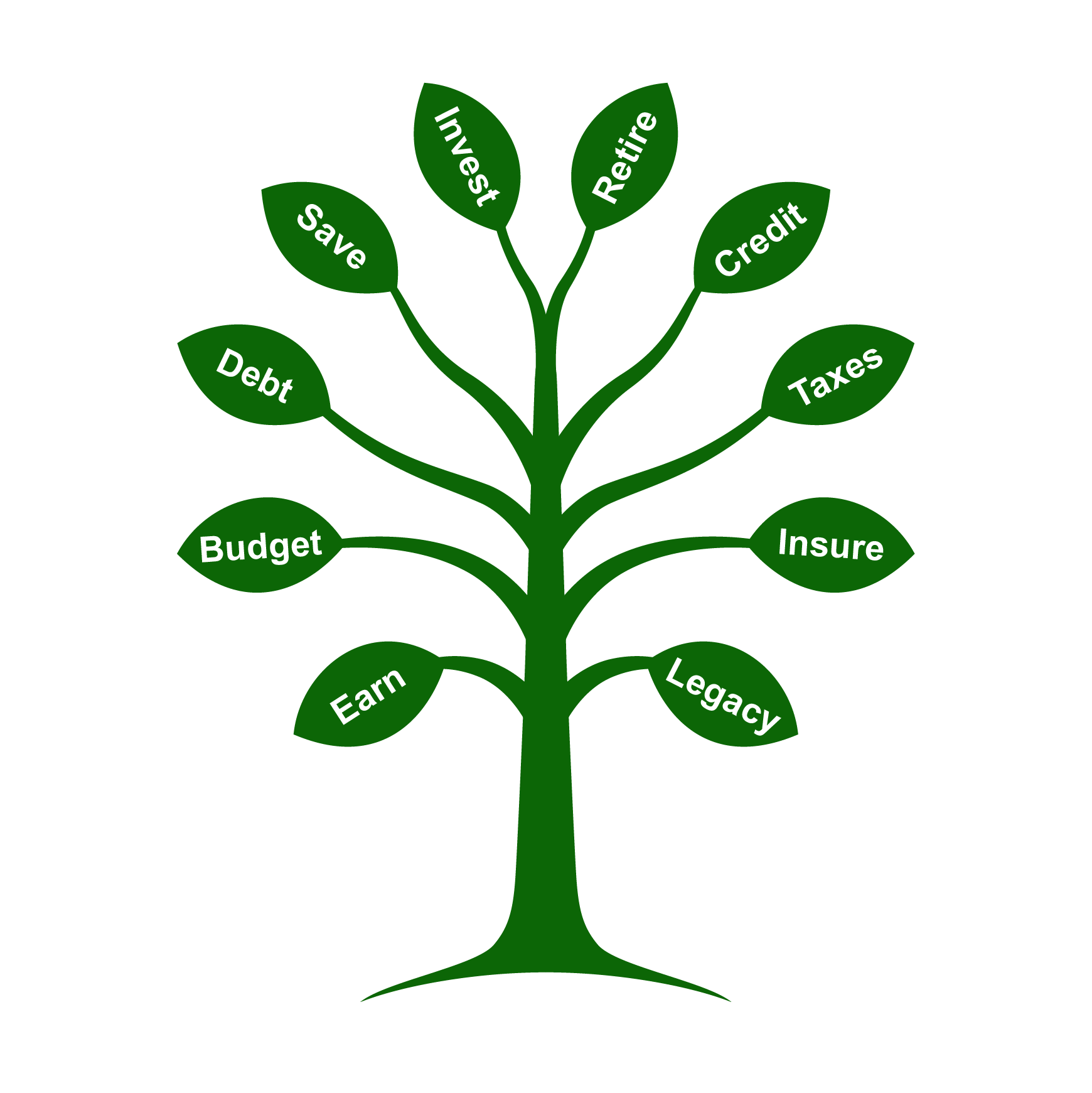Do You Know All the Taxes You Actually Pay?

Most of the time, when someone refers to “their taxes,” they mean what they pay on their their federal income. What a lot of people don’t realize is that the tax code is almost 75,000 pages long — and the average American pays many types of taxes, in varying amounts. You might be surprised to learn just how many different ones you’re paying every year.
Income. Most people are (painfully) aware of their federal income taxes – after all, that’s often the biggest number on your payroll checks and W2 forms. But depending on where you live, you may be paying tax on state income as well. While states like Florida skip the state tax, others have rates that can really add up. California, for instance, collects a state income tax set between 1% and 12.3% of taxable income.
Sales. Sales tax can also vary a lot based on where you happen to be shopping. Each state sets its own sales tax rate, but many cities, counties and municipalities levy their own, additional sales taxes. Many of these were specifically enacted to pay for specific services. For example, Orange County, Florida, Mayor Jerry Demings recently proposed a 1 cent sales tax increase to help pay for transit infrastructure.
Property. Property taxes are calculated based on a property’s (including cars and other large purchases) market value. They apply to all types of real estate, from commercial and residential to agricultural. They can change from year to year because the market forces that dictate a property’s value fluctuate based on the economy. They can also be affected by the condition and location of the property, as well as factors such as the presence or absence of usable structures on the land.
Estate. An estate tax is essentially a tax paid for transferring your wealth and property bequeathed to others. However, the estate tax does not apply to all transfers. The IRS doesn’t tax individual estates of less than $11.7 million (for 2021), and the highest rate they assess is 40%. Some states even levy their own estate taxes.
Payroll. These are deducted automatically from your paycheck (unless you’re a contracted worker), hence the name. They cover Medicare and Social Security. They’re labeled as FICA on your pay stub, and both employers and their employees pay them. If you’re an independent contractor, it’s important that you set money aside to pay these taxes at the end of the year.
Capital gains. These taxes apply to money you make from investments or from selling property such as cars or homes. The tax is based on your profit from these sales or investments, and they are levied for more items than many people realize. From standard portfolio returns to auto sales and even cryptocurrency assets, capital gains taxes apply. Some investors are able to offset their tax liability by writing off capital losses.
Gift. These are similar to estate taxes because they deal with wealth transfers, but the difference is that these transfers are made between people while they are still living. For 2022, the IRS taxes all gifts over $16,000, and some states have imposed their own gift taxes as well.
Excise. These are levied on the purchase of gasoline, alcohol, tobacco and other products. In addition to sales taxes, some products that are typically associated with vices have their own taxes, known as excise taxes. Common items subject to such taxes are alcohol, tobacco and gasoline. While these taxes fund public projects, some of the reasoning behind them is to discourage what may be viewed as unhealthy behaviors.
Holy Cow! Now What?
Ultimately, there’s a reason that tax professionals go through so much training and education to assist Americans with their taxes. With a 75,000 page tax code and rapidly shifting laws, it’s too much for a lot of people to parse. But the stakes are high, as your tax obligations can seriously impact your retirement and other savings. You can consult with a CPA or other qualified tax professional along with a financial advisor to help find ways to reduce your tax liabilities and protect your nest egg.
Taxes may be a certainty, but that doesn’t mean you can’t have a strategy to limit their impact on your financial future.
Sources
https://www.nerdwallet.com/article/taxes/california-state-tax


